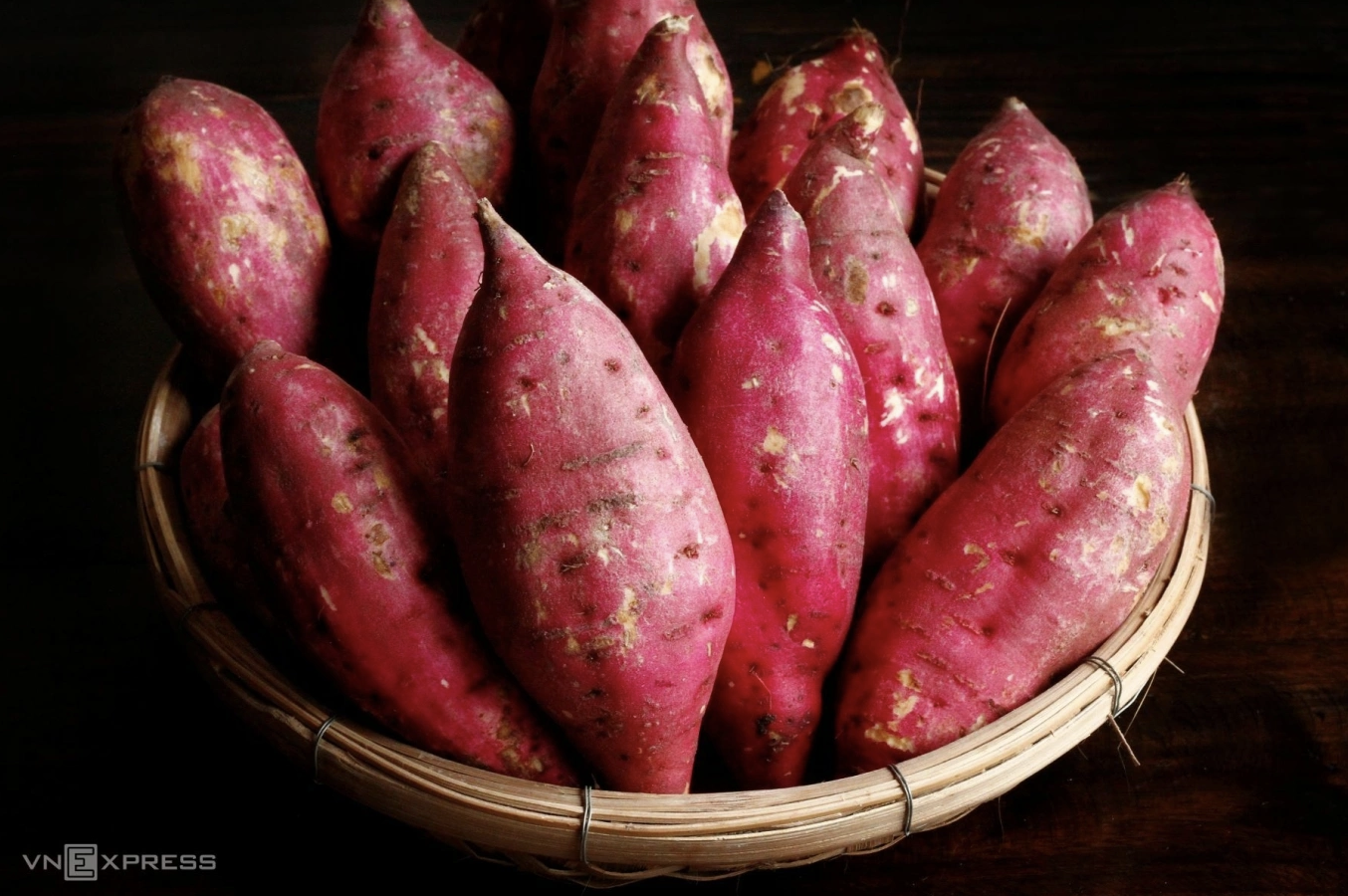Dan Buettner, a longevity expert, is known for his research on the diets and lifestyles of people in the Blue Zones – regions with unique lifestyles and diets that contribute to the world's highest concentration of centenarians. The five Blue Zones include Ikaria in Greece; Barbagia, Sardinia in Italy; Okinawa in Japan; Nicoya in Costa Rica; and Loma Linda in the US.
Buettner's research examines many lifestyle aspects, including daily exercise and social connections, but focuses primarily on diet.
People in the 5 Blue Zones share similar eating habits and nutrition patterns, especially revolving around a few superfoods crucial for healthy aging. Here are 9 "superfoods" commonly consumed in the Blue Zones, linked to better health and longer lifespans.
Leafy greens are essential in the Blue Zones. Residents enjoy a variety of dark leafy greens like spinach, rainbow chard, and kale. For example, Ikaria, Greece, boasts over 150 varieties of wild greens, including dandelion, purslane, and arugula.
Just one cup of leafy greens daily provides a significant amount of minerals and carotenoids, which the body converts into vitamin A. Studies suggest that regular consumption of leafy greens can help prevent cognitive decline and dementia.
Legumes such as beans, lentils, and peas are staples in the Blue Zones diets. Buettner found that residents consume legumes at least 4 times more than the average American. Black beans are favored in Nicoya, soybeans in Okinawa, and in Ikaria, green beans, lentils, and black-eyed peas frequently appear on the menu.
Rich in nutrients, fiber, and plant-based protein, legumes are complex carbohydrates providing sustained energy. Fiber also supports digestive health, and many studies show that consuming legumes increases lifespan.
Prized in Okinawa, Japan, shiitake mushrooms are a favored food, often added to miso soup or stir-fries. These mushrooms have long been used in traditional Asian medicine for their ability to help lower cholesterol and boost the immune system.
You can enjoy them raw, sauteed, in soups, salads, or even on flatbreads. Shiitake mushrooms are rich in over 100 unique compounds known for their immune-protective properties and potential anti-cancer benefits.
Nuts, though small, offer numerous benefits. Rich in heart-healthy fats, protein, and essential nutrients like magnesium, folate, and vitamin E, they are an ideal daily snack. According to Buettner, most Blue Zones residents eat about 1 to 2 handfuls of nuts each day.
Nuts can be sprinkled on salads, mixed into yogurt or granola, or eaten by the handful between meals. Excellent choices include almonds, walnuts, pecans, cashews, peanuts, and Brazil nuts.
In Okinawa, sweet potatoes, especially the purple variety, are a dietary staple. Regardless of color, sweet potatoes are nutritional powerhouses.
Sweet potatoes are rich in fiber and B vitamins and are one of the best sources of beta-carotene, which the body converts into vitamin A – supporting immune health and organ function. Sweet potato skins are packed with antioxidants, some with potential anti-cancer effects.
 |
Sweet potatoes are favored by people in the Blue Zones. Photo: Bui Thuy |
Whole grains like oats, brown rice, barley, and whole wheat are consumed regularly in the Blue Zones. These foods are packed with nutrients and provide long-lasting energy while helping protect against chronic diseases.
Research published in The BMJ suggests that eating more whole grains can significantly reduce the risk of heart disease, diabetes, and some cancers.
Start your day with steel-cut oats or enjoy brown rice with lunch or dinner for a sustained energy boost.
Technically, fruits and vegetables are also carbohydrates, and the good kind. Buettner's research found that up to 65% of the Blue Zones diet consists of carbohydrates, primarily from fruits, vegetables, and whole grains.
Blue Zones residents enjoy a wide variety of produce, including antioxidant-rich berries, citrus fruits, grapes, carrots, lemons, and even bitter melon.
In many Blue Zones communities, fish is consumed regularly, though not excessively. Typically, they eat fish only a few times a week and in moderate portions as part of a largely plant-based diet.
Fish like sardines, anchovies, and mackerel are rich in omega-3 fatty acids, supporting heart and brain health.
Ikaria, Greece residents favor olive oil and other healthy fats. Olive oil is one of the few plant-based oils and is full of monounsaturated fats that lower cholesterol. It also contains polyphenols, which help reduce oxidative stress in the body.
Over time, oxidative stress from fried foods, smoke, pollution, and other factors can increase the risk of cancer. Therefore, try switching from vegetable or other oils to olive oil for your meals.
My Y (According to Yahoo)












